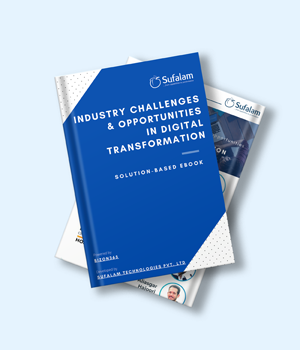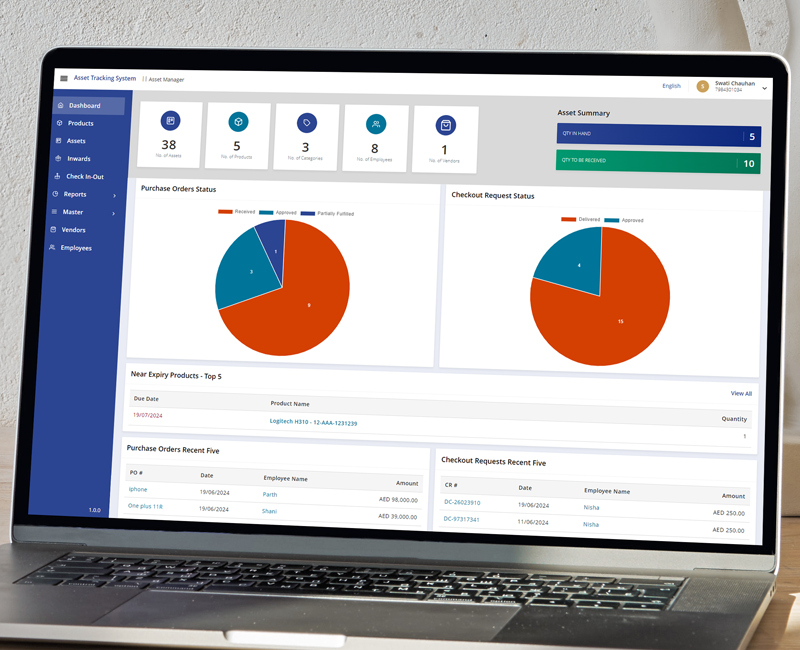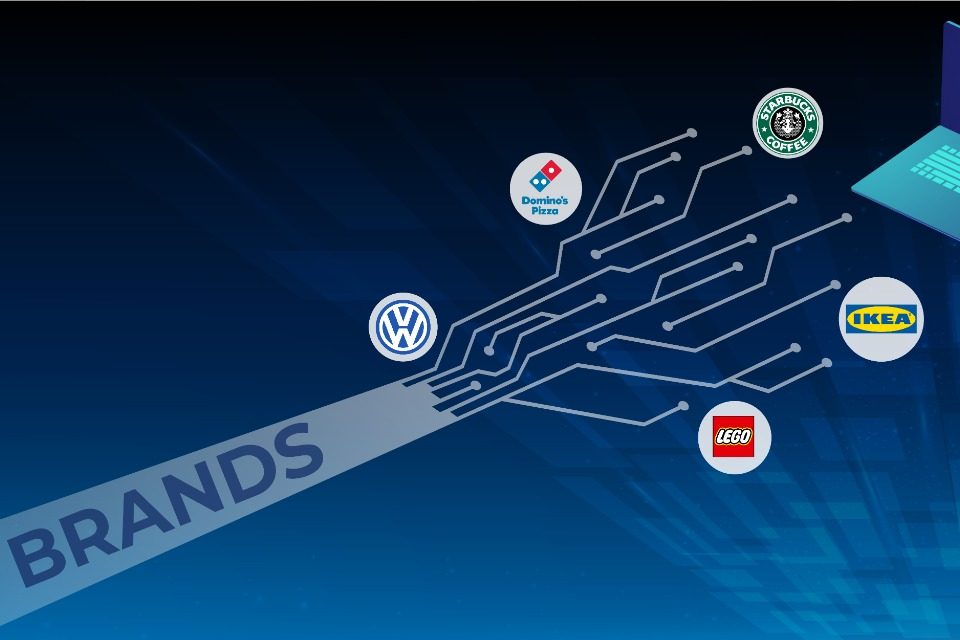Digital transformation is said to be the process of using digital technologies to develop new or modify existing business processes, culture, as well as customer experiences to meet up with the changing business and market requirements. Such a kind of reimagining of the business in the digital age is defined as digital transformation.
Digital transformation transcends the traditional roles such as marketing, sales, and customer service. Rather, digital transformation begins and ends with the way in which businesses think about, and engage with, their customers. As businesses move from paper to spreadsheets to smart applications to manage their activities, they have the chance to reimagine how to do business, how to engage their customers with digital technology on their side. But it is important to understand that, companies do not drive the digital transformation process. Rather, it is the customers who are leading this change.
Who are digitally-driven customers?
It is for sure that consumers around the world have become tech-savvy. Digital technologies have changed their buying habits. Moreover, technologies have changed consumer expectations. This has formed a newer sector of customers who are constantly connected and well-aware of how technology works.
The updated technology of mobile applications, automation, and machine learning have made consumers get anything and everything in a blink of an eye. This is precisely why they evaluate organizations based on the digital experience they provide.
Embark on The Journey of Digital Transformation
To meet up with the changing consumer dynamics, key enterprise heads need to make sweeping changes across the organization. One must change the business process by adding key roles, re-skilling employees, encouraging innovation, and experimenting with new technologies.
“Every digital transformation is going to begin and end with the customer, and I can see that in the minds of every CEO I talk to.”
MARC BENIOFF, CHAIRMAN AND CO-CEO, SALESFORCE
Digital transformation can enable organizations to understand the modern-day consumers, interact with them, and stir their expectations towards the achievement of a collective goal.
- Consumers need a personalized experience:
Digital transformation is changing the way business is done and developing an entirely new class of businesses. Having digital transformation by their side, companies are taking a step back to check everything they do, from their internal systems to their external customer interactions both online and even in person.
Today’s modern buyers levitate towards organizations that provide them with a personalized shopping experience. They are likely to come back for more if the company knows them by their names, is aware of their shopping habits, and provides them with services that are personalized.
Here, technology can play a vital role. A business that can easily invest in a software solution can take advantage of the situation. Businesses can serve the customers well and provide them with a customized and unique experience. With an efficient CRM system, you can easily analyze consumer behavior based on their previous interaction with the company.
- Flexible IT environment:
Having the right technology can enhance the delivery of digital strategies in today’s business-led world. But 45% of businesses are unaware of the technologies necessary. Now the question comes, is this worth it? For example, cloud technologies allow companies to be fast, dynamic, and flexible. It allows the project development system to be cost-effective and low risks which leads to meeting customer demand faster. Another example, SaaS solutions such as web and mobile applications, Big Data, etc give you a 360-degree round into your customers’ likes and dislikes.
- Create an all-channel experience:
According to research from IDC 79% of companies have admitted that COVID-19 has increased their budget for digital transformation. Tech-savvy customers are eligible to get anything they want at their own pace. Only companies that can stand the real-time demands are those that provide accessibility in their products and services. Customers are not tied to just a single channel. They search information online, buy through e-commerce platforms, share feedbacks through mobile applications and connect to any business through their social media platforms. Having a solid presence everywhere shall help create a digital customer profile.
Digital transformation may be a hefty step for a company. It surely has long-term benefits though. A study conducted at MIT discovered that companies who have embraced digital transformation are 26% more profitable as compared to their peers. Digital transformation provides an opportunity to engage modern customers and fulfill their demands for an efficient and seamless customer experience.














